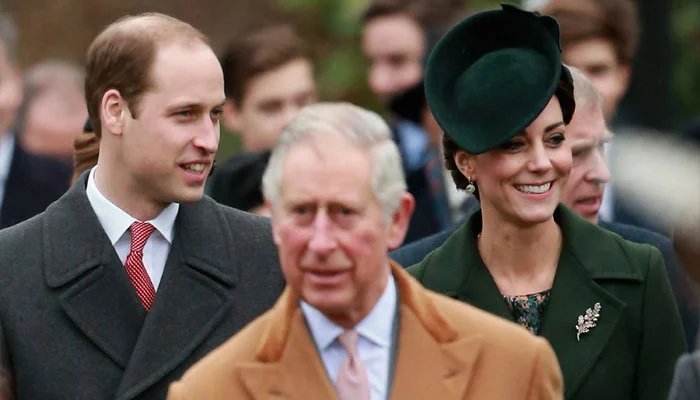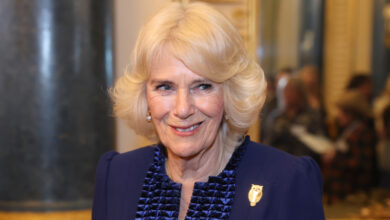King Charles Facing Constitutional Challenges Amid Health Crises in the Monarchy

Royal experts are sounding the alarm over the potential for the monarchy to face significant constitutional challenges as King Charles navigates through a period marked by health crises within the Royal Family.
In a recent piece for The Daily Mail, royal author Jane Marguerite Tippett expressed concerns about the current state of the monarchy and offered insights into what she sees as the Royal Family’s “best recourse” in these tumultuous times.
Tippett acknowledged the Royal Family’s resilience in the face of past crises, including scandals and divorces, which tested the institution’s reputation but ultimately allowed royal life to continue relatively unchanged. However, she highlighted that the current challenges facing the monarchy are not just matters of reputation but also practical difficulties.
With two of the most senior members of the dynasty, King Charles and Queen Camilla, facing health crises that may require extended periods of absence from public duties, the burden falls on the remaining healthy members, including Prince William, to balance their public duties with the private responsibilities of supporting their ailing family members.
Tippett drew parallels between the current situation and the tumultuous period following the abdication of King Edward VIII in 1936 to marry Wallis Simpson, a twice-divorced American. She noted that the anxiety and uncertainty of that time serve as a reminder that the Royal Family has faced similar challenges in the past.
Drawing on historical precedent, Tippett emphasized the importance of the Royal Family’s unity and resilience in navigating through the current difficulties. She suggested that the events of the late 1930s, when the monarchy faced both personal and constitutional crises, offer valuable lessons for King Charles and his advisers as they navigate the challenges of the present day.
As the monarchy grapples with the health crises affecting senior members of the Royal Family, Tippett’s warning serves as a reminder of the importance of unity, stability, and adaptability in safeguarding the institution’s future amid uncertainty and change.






